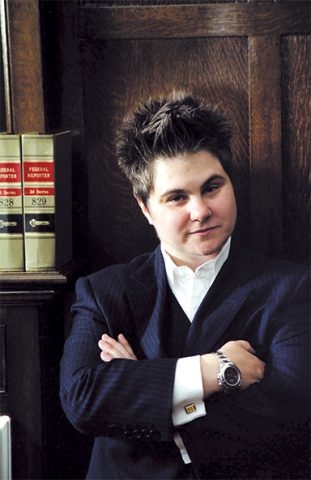Dear Yetta,
I recently inherited some family heirlooms and a not-insignificant inheritance. My wife and I agreed that the money should go to my nieces and nephews if we don’t have kids. How do we keep this money separate from the assets I pool with my wife and make sure the heirlooms go to specific family members?
—Sudden Surplus
Dear Sudden,
A little bit of planning goes a long way. Even though you’re married you can still enter into a post-nuptial agreement with your spouse. Just like with a prenuptial or domestic partnership agreement, your best bet is to retain an attorney. You’re required to make full disclosure to your spouse of your finances, and vice versa. In addition to laying out what’s yours, hers, and “ours,” you can work out things like support payments or wealth distribution in the event of a divorce.
Without a post-nup, inheritances are an exception to the general rule that everything you acquire after you get married is “marital property” and therefore owned jointly by you and your spouse. But here’s the trick—it’s only separate if you keep it separate. If you use the money as a down payment on a house, you may find yourself having to make the case that you’re entitled to something more than 50/50 ownership in the house. You could put the money in a separate bank account or a trust and name your nieces and nephews as beneficiaries on the account.
I recommend also having a will, which allows you to say who gets what, be it an heirloom or an amount of money, when you die. And you can build in contingencies, so if you change your mind about having kids, you don’t have to worry about accidentally cutting them out. Remember, a lot of states require certain formalities for a will to be valid, so it’s best to consult an attorney to make sure your will is properly drafted and executed.
Good luck,
Yetta
Email questions to to kurland@kurlandassociates.com or call 212-253-6911.
*This column is not a consultation with an attorney and should in no way be construed as such or as a substitute for such consultation. Anyone with legal issues or concerns should seek the advice of her own attorney.


What Do You Think?